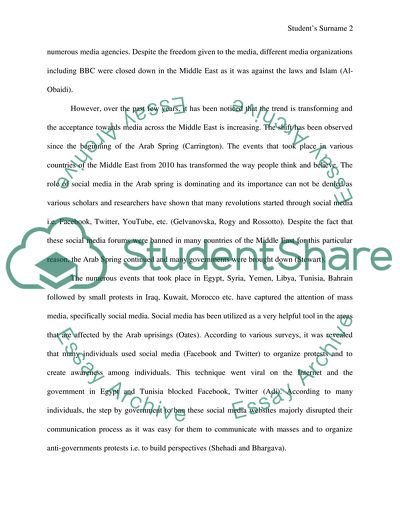Cite this document
(“Media Essay Example | Topics and Well Written Essays - 1750 words”, n.d.)
Retrieved from https://studentshare.org/history/1646012-media
Retrieved from https://studentshare.org/history/1646012-media
(Media Essay Example | Topics and Well Written Essays - 1750 Words)
https://studentshare.org/history/1646012-media.
https://studentshare.org/history/1646012-media.
“Media Essay Example | Topics and Well Written Essays - 1750 Words”, n.d. https://studentshare.org/history/1646012-media.


